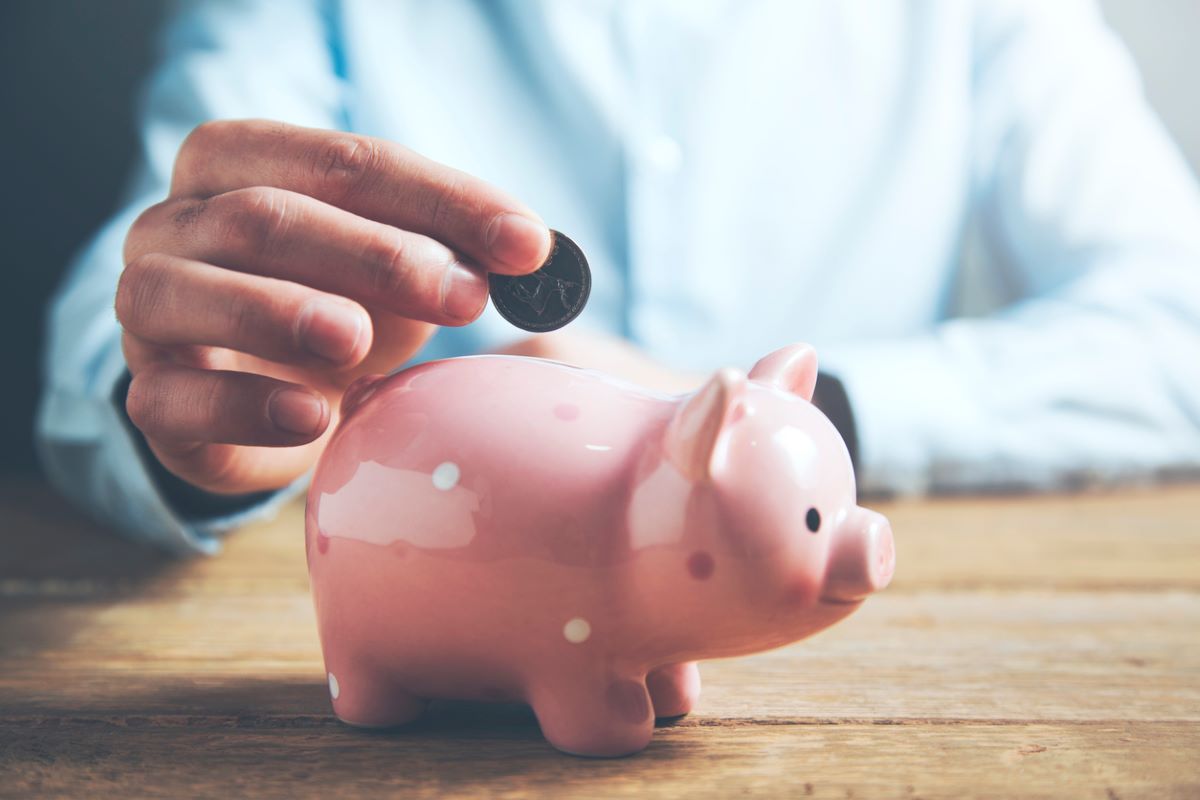Rise of the ISAs
The latest figures from the Bank of England revealed cash ISAs continue to rise in popularity, with the amount people are saving up 17% in the year to September 2024, from £3.25 billion to £3.79 billion.
One of the primary drivers is that people can simply earn more in ISAs than bonds due to the tax-free status. This is despite bond rates being relatively high, with some offering as much as 5% returns on investment. But that is before tax is deducted – if applicable.
Before the base rate started to increase in December 2021, many people did not pay any tax on their savings, as the interest earned was within their Personal Savings Allowance (PSA). But with interest rates rising, more and more savers are using their PSA, which means that they have to pay tax once again.
For example, in December 2021, the top 1-year bonds were paying around 1.30%, and although you could earn a little more if you were prepared to fix for longer, the top 5-year bonds were still only paying around 2%.
With a 1-year fixed rate bond paying 1.30%, you would need a deposit of £76,924 to breach the £1,000 PSA for basic rate taxpayers.
With the top 1-year bond still paying 5% today, just £20,000 will produce £1,000 in interest.
And this is why cash ISAs have become so popular once again. Although the headline rates on bonds look as though they will provide more, they may not if you pay tax on your savings. For example, the top 1-year bond currently available is paying 5% - but if you deduct basic rate tax, the net rate is 4%. In the meantime, the top 1-year fixed rate ISAs are paying 4.60% tax free!
The difference is clear to see – people are simply choosing the option that gives them the highest returns possible. And when tax is taken into account, the higher rates that bonds offer simply become less advantageous compared to fixed rate ISAs.
What is an ISA?
An ISA, or ‘Individual Savings Account’, is a scheme that allows anybody to hold cash, shares and unit trusts free of tax on dividends, interest, and capital gains. Essentially, it’s a savings account that you don’t pay tax on. Cash ISAs allow people to save money without incurring income tax on interest, while Stocks-and-Shares ISAs shelter investors from income tax on dividends and capital gains tax when selling shares. There are several different versions, including the Innovative ISA and Junior ISA.
You can save up to £20,000 each tax year and receive tax-free interest payments, so when the value of your cash ISA increases, you get to keep all of it tax-free.
When choosing a style of investment to suit your needs, you may want to consider how long you plan to invest for and how much you would like your money to grow. It is also important to understand what movement in value you may or may not be happy with and any potential losses that may happen. That is why seeking financial advice can be crucial for understanding how to take those first steps towards a secure financial future.
If you want to find out more, why not give us a call on 0333 323 9065 or book a free, non-committal initial consultation with one of our chartered financial advisers to see how we can help.
Arrange a free initial consultation
This article is intended for general information only, it does not constitute individual advice and should not be used to inform financial decisions.

